Body shape expectations and self-ideal body shape discrepancy in women seeking bariatric surgery: a cross-sectional study, BMC Obesity
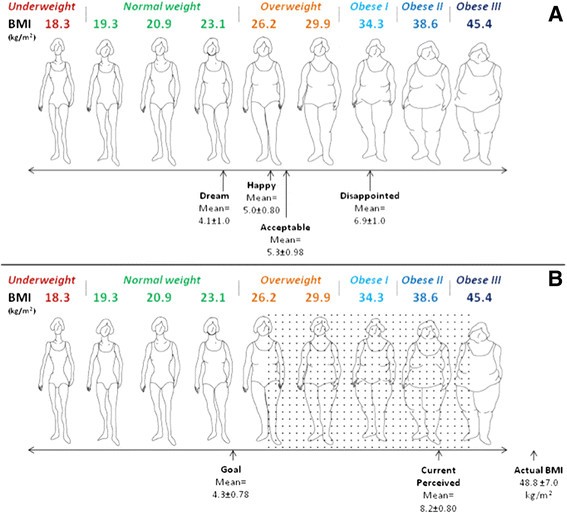
By A Mystery Man Writer
Background Postoperative body shape expectations (BSE) of bariatric surgery candidates remain relatively unexplored, and may have important implications for weight loss outcomes, treatment satisfaction, and education. Methods The ‘Silhouette Figure Rating Scale’ was administered to 69 consecutive female candidates. Self-perceived current and goal body shape and postoperative BSE in four categories; “dream, “happy”, “acceptable”, and “disappointed” were examined. Results The mean age and BMI of the sample was 43.4 ± 8.9 years and 48.8 ± 7.0 kg/m2. Self-ideal body shape discrepancy of 4.1 ± 1.3 silhouettes was reported, indicating body image dissatisfaction. 53% incorrectly identified the silhouette associated with their actual BMI. Goal body shape (4.3 ± 0.8 silhouettes) corresponded to a BMI figure 23.1 kg/m2- 26.2 kg/m2. The postoperative “dream” (4.1 ± 1.0 silhouettes), “happy” (5.0 ± 0.8 silhouettes), “acceptable” (5.3 ± 1.0 silhouettes), and “disappointed” (6.9 ± 1.0 silhouettes) BSE corresponded to silhouettes that were thinner than the thinnest silhouette clinically expected based on a 56.1% excess weight loss 1-year after laparoscopic sleeve gastrectomy (LSG) or a 22.3% to 47.2% total body weight loss. Conclusions Women seeking bariatric surgery experience body image dissatisfaction and misperceive their actual body size. BSE do not correspond with evidence-based LSG weight loss outcomes.

Reflections on Body Image: Report from the All Party Parliamentary Group on Body Image by Body Image - Issuu
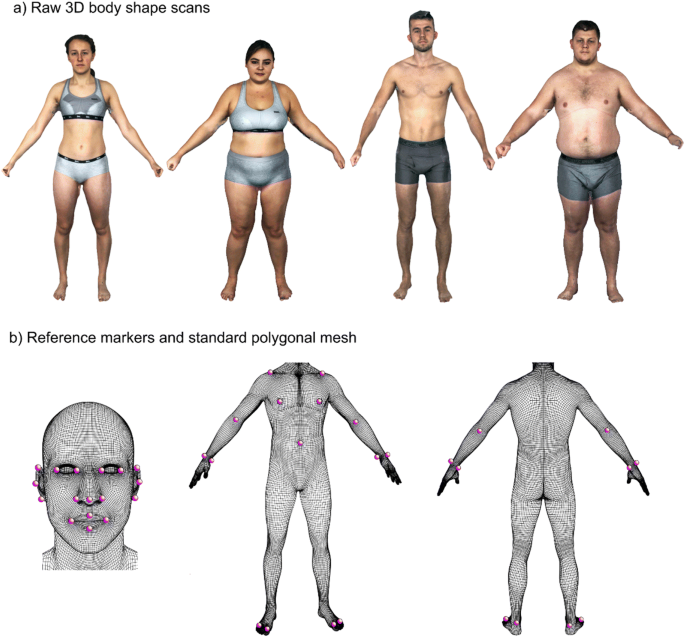
Beyond BMI for self-estimates of body size and shape: A new method for developing stimuli correctly calibrated for body composition

Body Image Disturbances and Weight Bias After Obesity Surgery: Semantic and Visual Evaluation in a Controlled Study, Findings from the BodyTalk Project

Body Image Disturbances and Weight Bias After Obesity Surgery: Semantic and Visual Evaluation in a Controlled Study, Findings from the BodyTalk Project

Obesity Pillars Roundtable: Body mass index and body composition in Black and Female individuals. Race-relevant or racist? Sex-relevant or sexist? - ScienceDirect

Overvaluation of Shape and Weight (Not BMI) Associated with Depressive Symptoms and Binge Eating Symptoms Pre- and Post-bariatric Surgery

PDF) Lower weight loss expectations and healthier eating attitudes in older overweight and obese women attempting weight loss

PDF) Body Image and Bariatric Surgery: A Systematic Review of Literature

PDF) Updating Long-Held Assumptions About Fat Stigma: For Women, Body Shape Plays a Critical Role

Ideal Body Measurements Calculator for Aesthetic Bodybuilding

Women's Satisfaction with and Reasons to Seek Bariatric Surgery—a Prospective Study in Sweden with 1-Year Follow-up

PDF) Who wants a slimmer body? The relationship between body weight status, education level and body shape dissatisfaction among young adults in Hong Kong

Relating body mass index to figural stimuli: population-based normative data for Caucasians
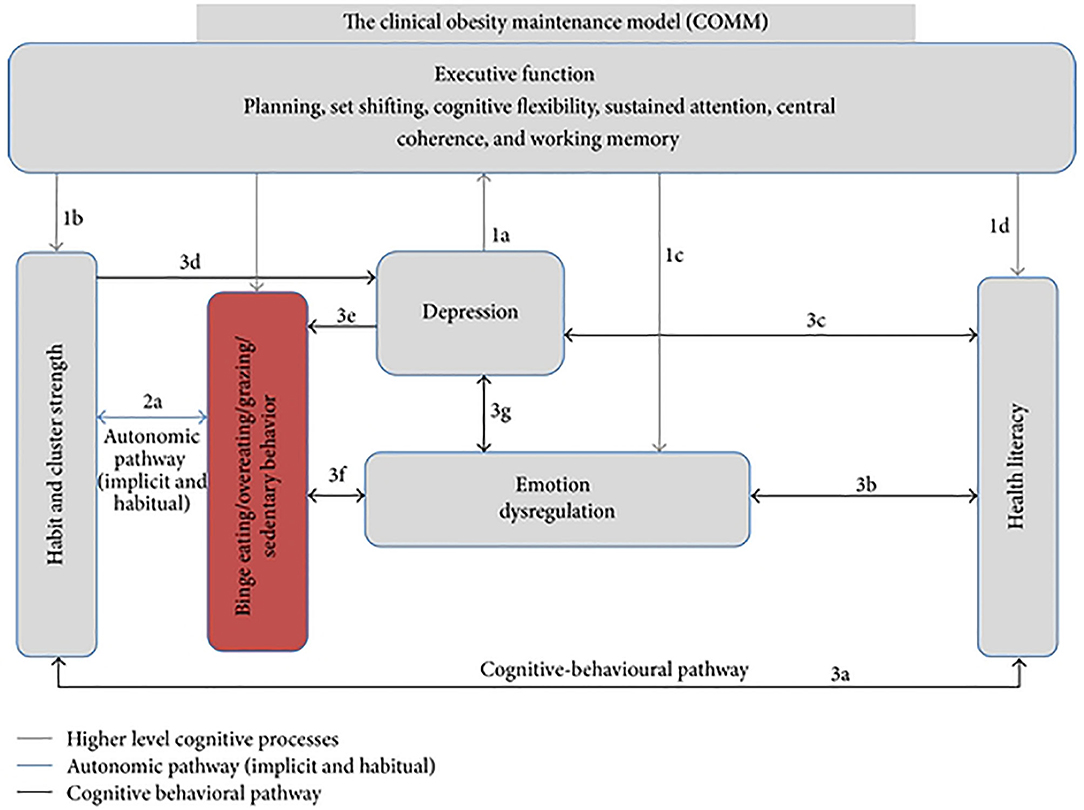
Frontiers The Clinical Obesity Maintenance Model: A Theoretical Framework for Bariatric Psychology

Women's Reasons to Seek Bariatric Surgery and Their Expectations on the Surgery Outcome — a Multicenter Study from Five European Countries
- Dear Men- How To Dress For Your Body Type, by Joe Stylee
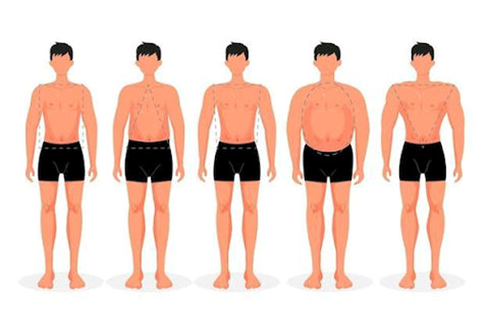
- How to Find the Perfect Prom Dress for Your Body Type – ZAPAKA

- The front and side views of the average woman from the National UK

- Body Types: Teen Body (Part 4/7). Before we get started please
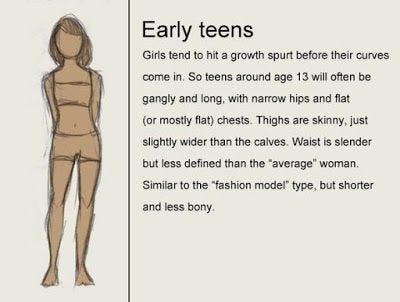
- Frontiers An Assessment of Computer-Generated Stimuli for Use in

- Other, Boujee Hippie Brand Shapewear

- SOIMISS Bra Pads Inserts Bra Pads Inserts 6 Pairs Removable Bra Pads Spongy Inserts Breast Pads Replacement Enhancer Cup for Women Swimwear Sports Bra

- Night Out Dining in T Nagar,Chennai - Best All Night Delivery Restaurants in Chennai - Justdial

- Solid Flare Leg Pants, Casual Slim Cross Waist Pants For All Season, Women's Clothing

- LulaRoe TWEEN Snow White Princess Leggings
